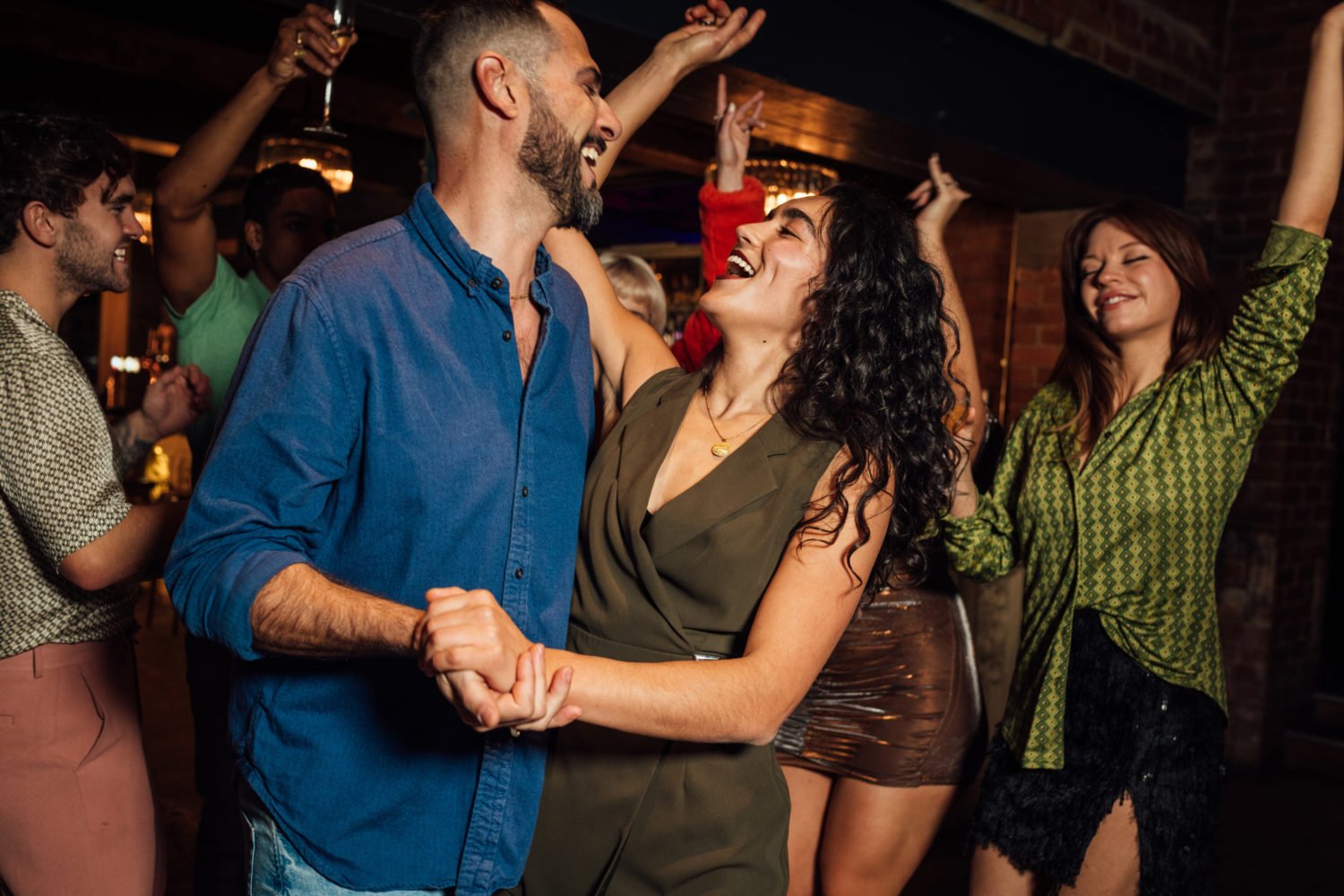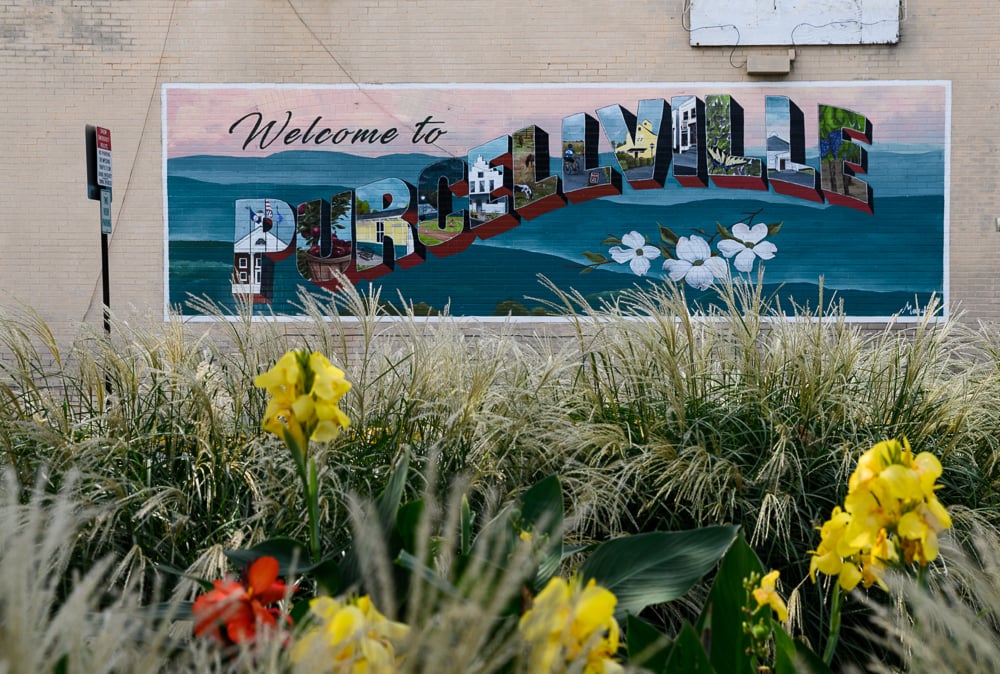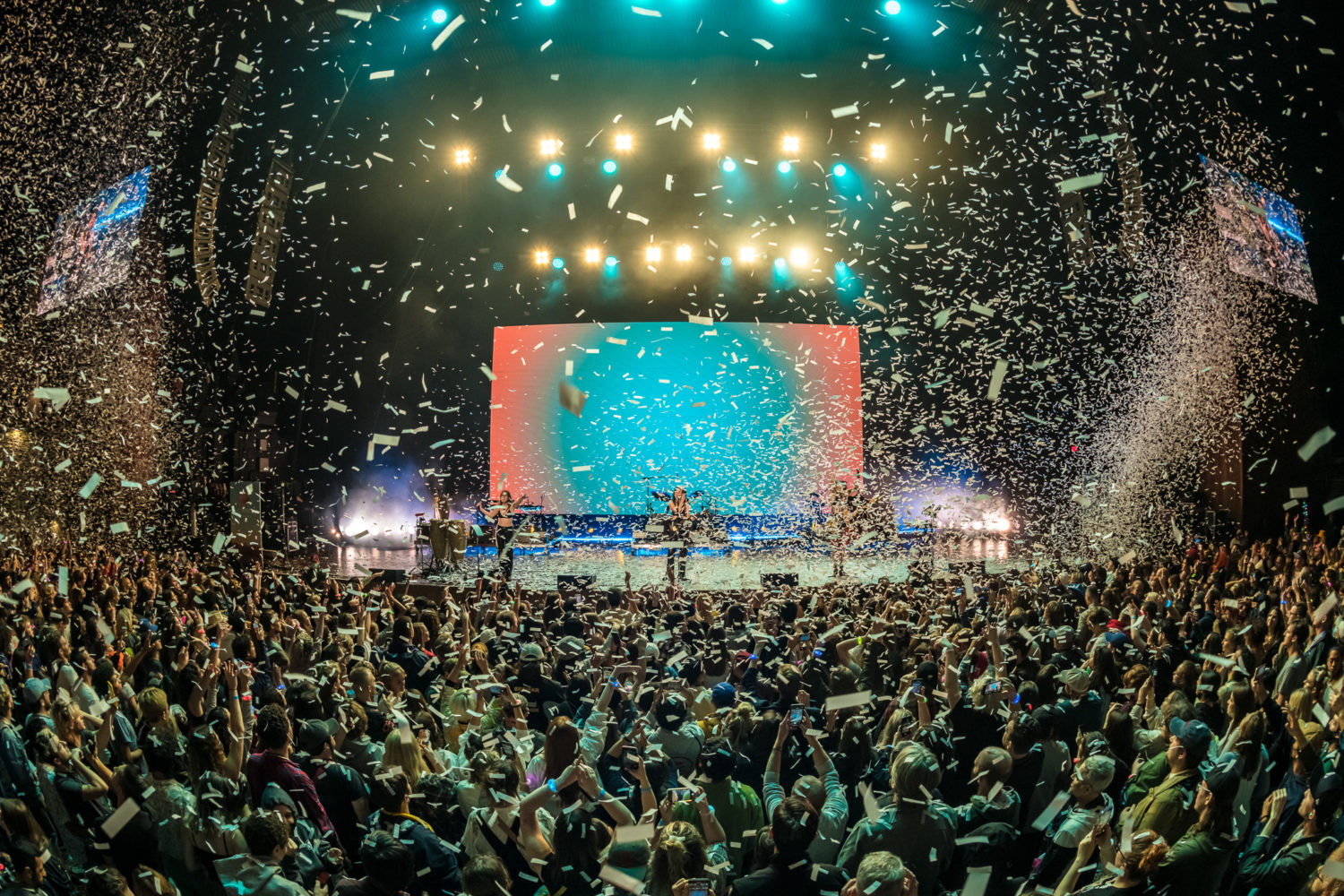
Ted Leo’s affinity for political commentary may be subject to discussion among friends, but what cannot be denied about the man is that he knows how to put one hell of a show. Finishing a two-night stand at the 9:30 Club on Saturday, Ted Leo and the Pharmacists performed a dynamic set of punk/pop tunes that was almost equal parts new material (from their latest album, Living With the Living) and old favorites—with an impromptu cover of Daft Punk’s “One More Time” thrown into the mix as well.
Delivering one song after another with very few breaks in between and plunging almost right away into a performance of “Me and Mia”—arguably their most well-known song—the band quickly awoke the audience from the stupor brought forth by the two opening acts. One-man band Ris Paul Ric was plain boring, while Kristeen Young was intriguing but ultimately a bit too precious for her own good. Honestly, how seriously can you take someone who coos and shrieks along to a song titled “Everyone Wants to See Me Cry”? Maybe there was some irony I failed to pick up on, but frankly, I was too distracted by the arrangement of fake grapes hanging over the left shoulder of her dress to notice.
Luckily, Ted Leo and the Pharmacists took the stage in far less distracting garments: Dark shirt and khakis for Leo, while the rest of the band sported the hipster uniform of skinny jeans and one-size-too-small T-shirts. In addition to “Mia,” the band performed tracks such as “Angel’s Share,” “Little Dawn,” and “Counting Down the Hours” from its Shake the Sheets album.With their catchy beats and guitar riffs, most of Ted Leo and the Pharmacists’ songs tend to—for better or worse, depending on whom you ask—distract from the lyrical content. Admit it: How many times did you sing and dance along to “Me and Mia” before realizing the song was about a girl with an eating disorder? Live, this effect was multiplied, with audience members just as happily grinding along to politically inclined songs such as “C.I.A.” as they were to more innocuous tracks like “Colleen.”
“Who Do You Love?” and “Where Have All the Rude Boys Gone?” were also popular with the audience, mostly composed of teenagers and 20-to-30-year-olds. All seemed equally mesmerized by the clarity of Leo’s voice (which sounds just as good, if not better, live than on a recording) and his stage presence. Even the utterance of a simple, raspy “thanks” from the singer in between songs seemed charged with personality and style.
Coming back for a much-requested encore, Leo raised the ante, jolting from corner to corner while swinging his guitar with abandon. Falling on his knees, blurting out words into the microphone, and then picking himself up before once more jetting across the stage, Leo—and his band—managed to drive the audience into a similar state of blissful frenzy, leaving many tapping their feet and swinging their heads long after the music was gone.

















